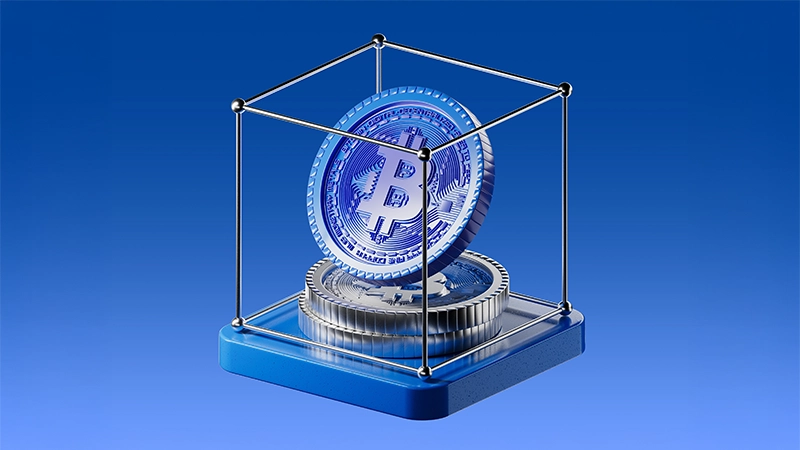
Why is Bitcoin Limited to 21 Million Units?
From the Bitcoin startup blog, coined by Satoshi Nakamoto, the most established and powerful of the cryptocurrencies, its supply is limited, all systems and rules are determined. Bitcoin, which has a total supply of 21 million units, is expected to be mined in 2140, so Bitcoin miners’ revenues are decreasing day by day. After the issuance of the last Bitcoin, Bitcoin miners will only be able to earn revenue from the transactions they have confirmed. As bad as this situation is by miners day by day, it is positively received by Bitcoin investors.
Since its supply is limited and it is not affected by inflation, it promises its investors high values in the future. It is not yet clear why the supply of Bitcoin is set at 21 million units instead of 30 million, but mathematical operations on blockchain’s technology bring more than 99 percent certainty. How? When Bitcoin was first mined, the first block value miners found was 50 btc. Therefore, the first transaction seen in the GENESIS block (the first block) is 50 btc, which is given to the creator of the block, namely Satoshi Nakomoto. This process is an algorithmically calculated value that is programmed to decrease by what is divided by time by two. Every 210,000 blocks, the reward is halved, and so on. The current block reward is currently 6.25 btc. If we come to the mathematical dimension of the work, we can express the division into two as follows;
For every 210,000 blocks miners mine, a reward will be generated, and the reward will be halved for the next block.
24*365 = 8760 hours , so there are 35040 hours every 4 years, which is the half-life period. 6 blocks are created every hour. Buddha makes 210 thousand 240 blocks in 4 years.
When we calculate all the block rewards;
50 + 25 + 12.5 + 6.25 + … = 99.99847..
result. And when we multiply the block halving amount of 210 thousand pieces with the block rewards, we can get the result of 21 million units.
This is why the idea that 21 million Bitcoins will be produced comes from here, but if Satoshi Nakamoto had made the first BTC block reward 100 instead of 50, we would try to explain why the supply of Bitcoin today is limited to 42 million units. We have given you the answer to why Bitcoin’s supply is 21 million units, but why it is not 42 and why it is not 100, only the one who knows this is hidden in Satoshi Nakamoto.